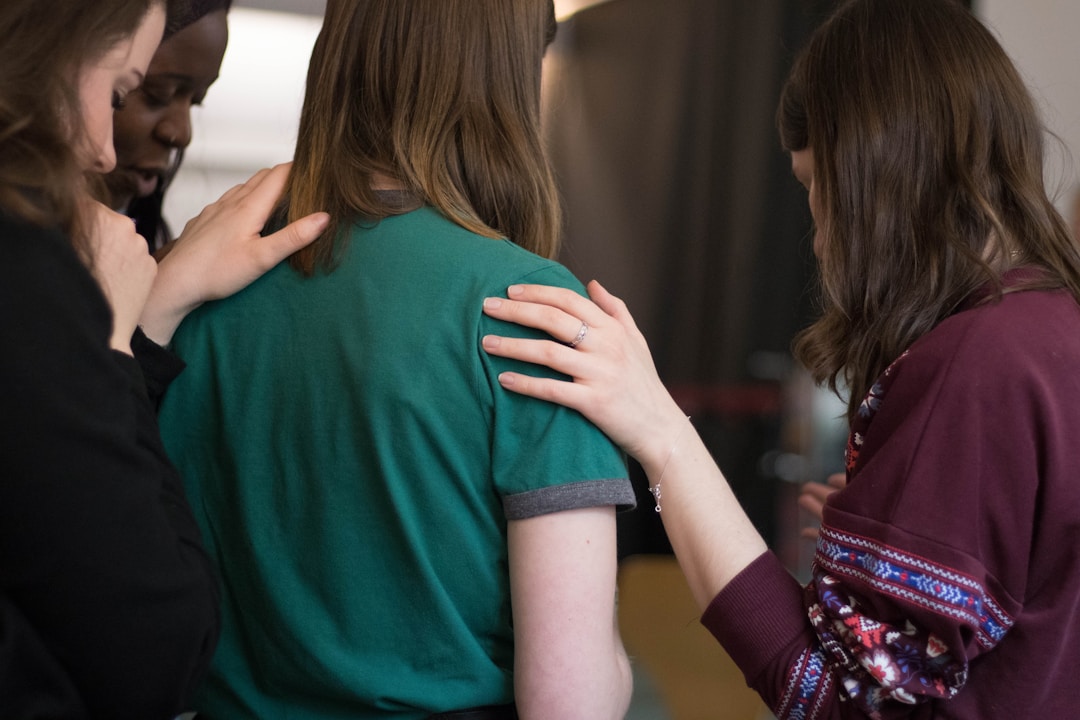Growing in popularity because of the social support it offers, group therapy is a fantastic way to get support from peers no matter what issue you might be facing. During these unconventional times when record numbers of people are reporting symptoms of depression or feeling isolated, group therapy can be a great way to feel more connected to the community. Whether done virtually, in person, or as a group member in a group therapy support group, you’ll have the opportunity to work with a trained therapist who can help you and other group members be your best selves. For three reasons you might want to try group therapy now, read on.
1. Perks of Group Dynamics and Systemic Theory

Most people don’t realize that there are many different ways a person can benefit from therapy. The reality is that some people do best in a group format where a licensed marriage and family therapist (MFT) or another mental health professional can work with multiple clients at the same time. The reason this format can be effective for some people is that relationships are systemic. That is, they impact multiple people on many levels. For example, while one person in a family might be an identified patient with behavioral issues, this doesn’t mean that the behaviors don’t impact others in that group system.
For people struggling with relationship issues, group therapy can be a good way to learn skills and group process techniques that can be applied at home or work. An example of a fantastic program is group therapy at Charlie Health. Charlie Health’s virtual intensive outpatient program is focused on helping teens, young adults, and their families in healing. If you specifically have issues in your family of origin, creation, or extended family, group therapy could be a great way to untangle conflicts and identify positive ways to change how individuals in the system communicate.
2. Feeling Less Alone

Another perk to the group therapy process is that people feel less alone. In being treated in a group setting, it’s easy to see that others are struggling with similar issues. While everyone in a group will have a different life experience and specific problems, that common ground can go a long way in making you feel less alone. If you’re someone who enjoys the support of peers and bouncing ideas off other people, this form of psychotherapy could be for you.
While you’ll experience personal growth in group therapy, you’ll serve as a witness to other people’s growth, too. This can be a great source of inspiration and hope as well. For some, watching a peer successfully navigate a difficult situation can be enough to find the same courage in themselves.
3. Practicing Using Tools and Resources

No matter why you’re considering group therapy, it’s important to understand that this format allows you not only to concentrate on your own problems but to practice interpersonal skills and even role-play relationships and conversations you’re having trouble with within your own life. Most group leaders will say that this opportunity to practice therapy tools is a great way to make progress away from therapy sessions and the group. If you need to have hard conversations, group therapy is a way you can practice and get feedback before initiating them in your private relationships.
At the end of the day, your decision to try group therapy in a group setting could make a big difference in your behavior, substance abuse challenges, relationships, or overall mental wellness. If you’re willing to try giving group therapy a chance, contact a mental health professional today to ask about options for group treatment.
Best of luck to you as you explore the type of group therapy that might work best for you.






